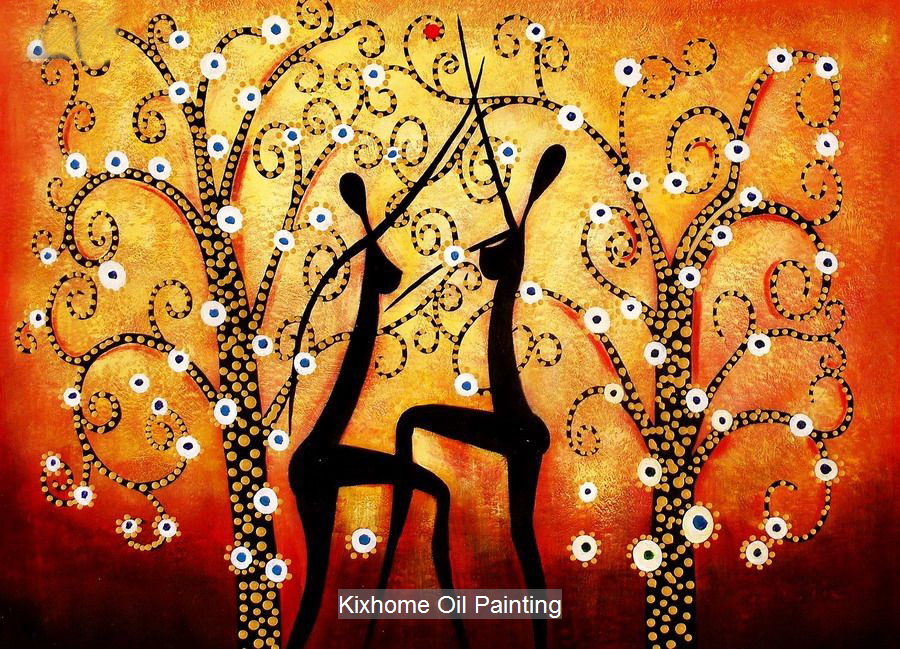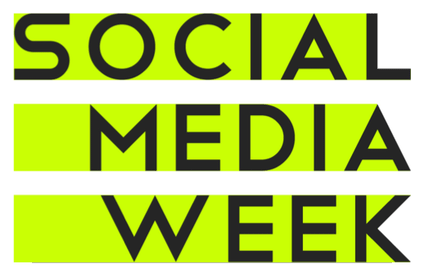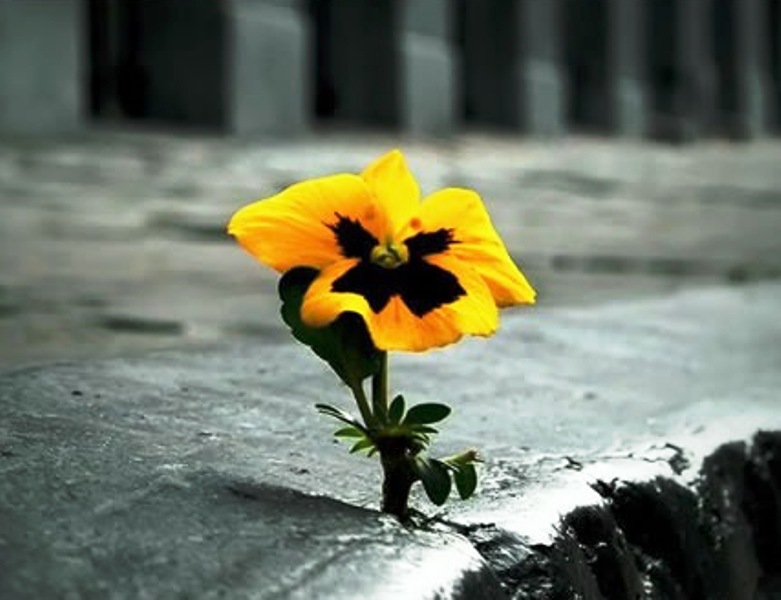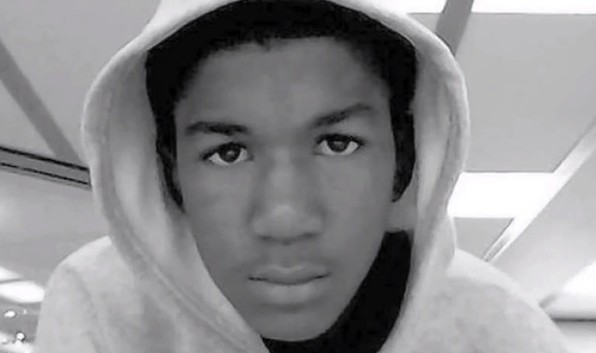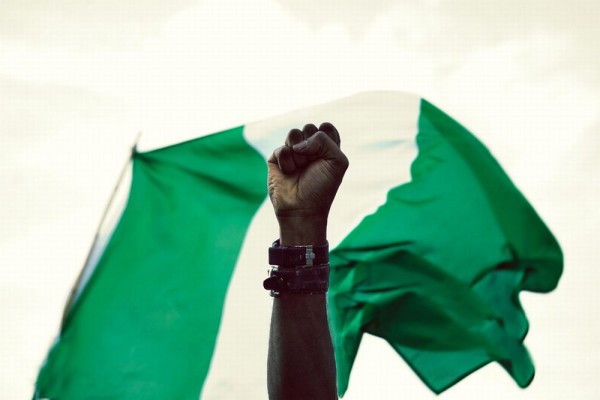Walking the Tight Rope: An African LGBT Anthology seeks poets, writers and photographers within Africa and the Diaspora to share their stories. DEADLINE: April 15, 2014 Please share widely.
-
-
CODE RED: African Women Rising in Media and Tech (Social Media Week Lagos Event)
For Social Media Week Lagos, I'm hosting an event called 'CODE RED: African Women Rising in Media and Tech.' In line with the theme, "The Future is Now: Always On, Always Connected", CODE RED, a networking event, will facilitate connections between women who are trailblazing in social media and technology.
-
Love Was My Revolution in 2013, But So Was Resilience.
I know it's been a while. I've had a lot going on. 2013 was quite a year - one that I'm not likely to miss but will always remember for how much it grew me.
-
Confessions of a Serial Roach Killer: On Irrational Phobias, Racism, and Black Genocide
As an eco-spiritualist, I often find inspiration for my activism from observations about human relationships with the natural earth. The latest: a poem I wrote about a cockroach I murdered, and the irrationality of phobias -- not just what fear lead us to do, but how it's often used to…
-
Queer Afrofeminist Reflections on October 1st: Nigeria’s Independence Day and a Diaspora Homecoming
Today is Nigeria's Independence Day, but I can't focus on my country's progress. It's challenging to remain optimistic in the face of landlords telling you they won't rent to you because "you're a single woman who could potentially use the apartment for prostitution." Until "Nigeria" addresses its treatment of women…
Online rulet oyunları gerçek zamanlı oynanır ve online slot casino bu deneyimi canlı yayınlarla destekler.
İnternet üzerinden eğlence bahsegel giriş arayanlar için deneyimi vazgeçilmezdir.
Kullanıcıların hesaplarına hızlı ve sorunsuz bettilt ulaşabilmesi için adresi her zaman güncel tutuluyor.
